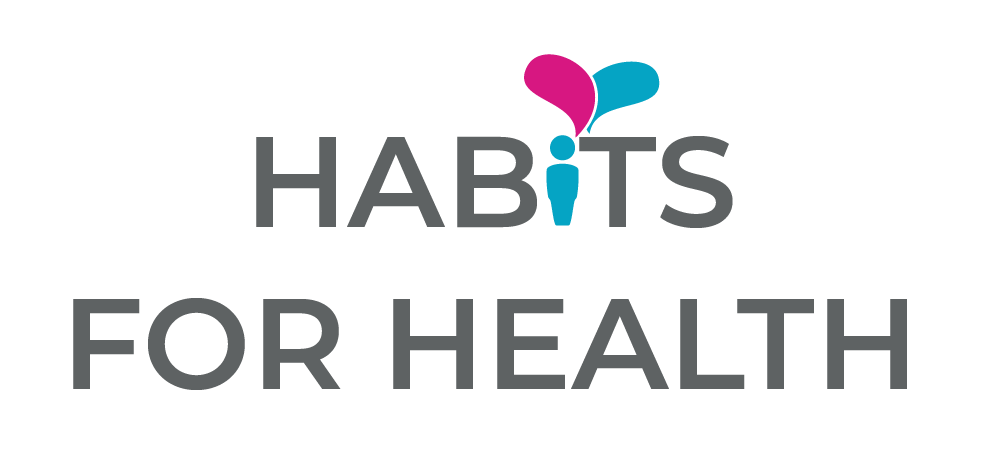We hear it all the time, “You’ve got to be resilient.” But what does resilience mean?
It’s not about being emotionless or pushing through at all costs. Resilience is about how you respond when life gets messy. It’s your ability to bounce back, adapt, and keep going even when things don’t go to plan.
Whether you're facing a personal setback, a stressful work situation, or just the unpredictability of life, resilience helps you navigate it all with strength and flexibility.
What Does Resilience Mean in Everyday Life?
Think about the last time something didn’t go your way. Maybe you didn’t get the job. Maybe you got into an argument with someone close. Maybe your plans completely collapsed and left you feeling deflated.
Now think about how you responded.
Did you:
Or did you:
That space between reaction and response, that’s where resilience lives.
It’s not about never getting upset or knocked down. It’s about how you recover, reframe, and respond.

Resilience vs. Avoidance
Avoidance and resilience are not the same. Avoiding your problems might feel easier in the moment. It’s tempting to push emotions aside or pretend an issue doesn’t exist. But avoidance usually makes things harder in the long run. Challenges don’t disappear when we ignore them, they often grow bigger.
Resilience, on the other hand, means facing life head-on, even when it’s uncomfortable.
It means being honest with yourself and saying:
Resilience doesn’t require you to have it all figured out. It just asks you to keep showing up. Facing your struggles with honesty and compassion is at the heart of what resilience really means.
Adaptability: One of Resilience’s Superpowers
Life rarely follows a script. Plans change. Routines get disrupted. People let you down. That’s just reality. So, what does resilience mean when things shift unexpectedly?
Adaptability is your ability to roll with life’s punches without losing your footing. It’s about being open to new ideas, pivoting your strategy when necessary, and adjusting your expectations without falling apart.
The more adaptable you become, the easier it is to handle change with calm and confidence instead of panic. Adaptability makes resilience more than just endurance it makes it smart, flexible, and growth-oriented.

Resilience Isn’t a Trait,It’s a Trainable Skill
While some people may naturally have a higher tolerance for stress or grew up in environments that helped shape their coping skills, resilience is something everyone can develop over time with the right tools and mindset.
Here are a few practical ways to strengthen your resilience:
The Link Between Chronic Stress and Resilience
Understanding what resilience means also involves looking at what happens when we don’t have the tools to cope. One major consequence? Chronic stress.
When stress becomes constant and unmanaged, it leads to chronic inflammation, which is now recognised as a major contributor to chronic disease. According to the World Health Organisation (WHO), noncommunicable diseases (NCDs) such as cardiovascular disease, cancer, chronic respiratory conditions, and diabetes are responsible for 71% of all deaths globally, about 41 million people each year.
These diseases are largely driven by lifestyle factors: poor nutrition, lack of physical activity, alcohol consumption, and smoking. But another often overlooked factor? Unresolved internal stress.
If you’re feeling constantly overwhelmed, tired, or reactive, it might be time to refocus on the basics. Start by addressing these internal stressors:
By managing these foundational habits, you support your body’s ability to deal with stress and lay the groundwork for a more resilient life.
So, What Does Resilience Mean?
Resilience is the ability to bounce back from setbacks, face challenges head-on, adapt to change, and manage your emotions along the way. It’s not about being flawless or unshakable, it’s about being flexible, self-aware, and committed to moving forward.
Most importantly, resilience is a skill you can build over time. So when life doesn’t go as planned, remember it’s not about never falling, it’s about how you rise.
If you’d like to strengthen your resilience by taking better care of your body, take a look at our Habits for Health programme designed to help you upgrade your daily habits for a healthier, more resilient you.
